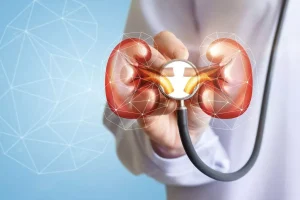
Things like trouble concentration, slow reflexes and sensitivity to bright lights and loud sounds are standard signs of a hangover, and evidence of alcohol’s effects on your brain. Like a clog in a drain, those thickened fluids can jam up your ducts. That can lead to pancreatitis, which is inflammation of the pancreas. But when you ingest too much alcohol for your liver to process in a timely manner, a buildup of toxic substances begins to take a toll on your liver. Your liver detoxifies and removes alcohol from your blood through a process known as oxidation. When your liver finishes that process, alcohol gets turned into water and carbon dioxide.
Is Alcohol Bloating Dangerous?

This means that they provide your body with calories but contain very little nutrients. Here are eight ways alcohol can impede your weight loss and what you should drink instead. There are websites claiming that alcohol does alcohol make u gain weight is an energizer that can help burn calories, and be a practical way to achieve weight loss. Alcohol disrupts your metabolism and lowers testosterone which, in addition to the added calories, contributes to weight gain.
Makes It Harder To Get Quality Sleep
Weight is certainly not the only factor when it comes to health. Still, there are a few things you may want to know about alcohol intake and body composition if you think drinking may affect your weight. Wine belly and beer belly are basically the same things — no matter what alcohol you drink it still contains calories that can cause weight gain.
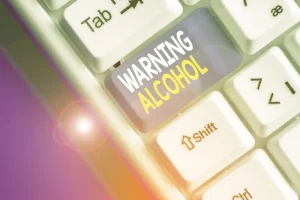
When to See a Doctor
Here are some questions people often ask about alcohol bloating. Gastritis can be erosive, allowing stomach acid to damage the stomach lining. This can lead to the development of stomach ulcers, or peptic ulcers, which can become severe without the right treatment. Lifestyle changes, medications — or both — can help manage bloating or reduce alcohol-related weight gain.
- However, heavy drinking may increase your risk of weight gain and other health effects.
- Unfortunately, chronic stress can lead to the accumulation of visceral fat and make it hard to lose as it can increase production of cortisol in excess.
- You can strike a balance if you’re looking to lose weight while still enjoying an occasional drink with friends.
- Seek medical advice if symptoms don’t improve after a night of drinking.
- You do not have to give up alcohol entirely to create a calorie deficit.
We all love a glass of wine (or 2) after work, with dinner or on the weekends. But, when we drink alcohol in excessive amounts, we can develop something known as an alcohol belly. So don’t put off calling your doctor if you notice blood in your feces or vomit, dark or tarry-looking feces, extreme weakness, or unexplained weight loss. If you have gastritis related to alcohol or to any other cause, getting started on treatment right away is the right move.
Increased calorie intake
Though we may not know precisely why, a few possible explanations exist. According to two studies published in 2021, a high intake of alcohol may increase food cravings. Beyond bloating, make sure you remember alcohol should be consumed in moderation. The body can only metabolize a certain amount of alcohol every hour. How much alcohol you’re able to metabolize is dependent on your age, weight, sex, and other factors. Besides weight gain, alcohol can also lead to irritation of your gastrointestinal tract, which can cause bloating.
- Alcohol can also cause inflammation, dehydration and gastrointestinal issues, which can contribute to bloating and weight gain.
- Artificial trans fats are strongly linked with poor heart health and may also lead to increased belly fat.
- If you experience severe or persistent symptoms, consult a healthcare provider for advice and support.
- By making dietary adjustments, staying hydrated, engaging in physical activity, and using over-the-counter remedies, you can enjoy alcohol in moderation without the discomfort of bloating.
- More human research is needed to understand how alcohol affects hunger.

But, studies have shown that red wine drinkers have less stomach fat. One study found that red wine drinkers had less visceral fat which therefore reduces the risk of cardiovascular disease and metabolic syndrome [7]. In reality, there’s no evidence that drinking beer (or your alcoholic beverages of choice) actually contributes to belly fat. If you want to enjoy a drink but limit your alcohol intake, try subbing in some of our favorite nonalcoholic drinks and spirits, several of which are low-calorie or low-sugar. Artificial trans fats are strongly linked with poor heart health and may also lead to increased belly fat.







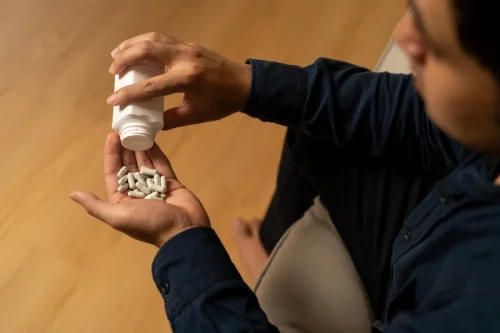
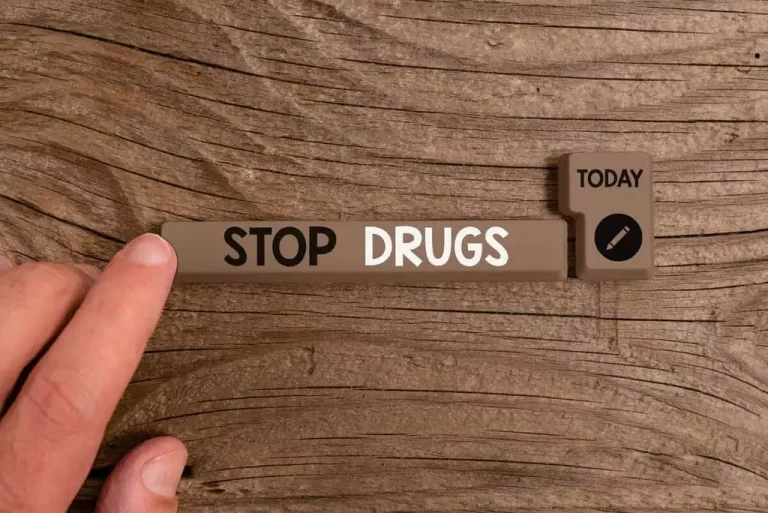

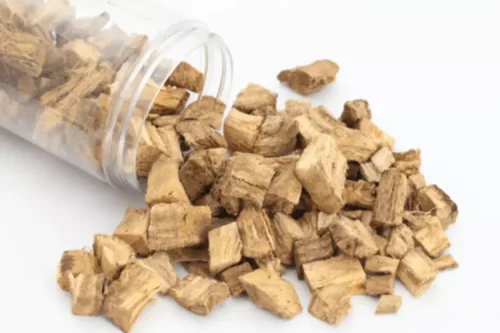
Recent Comments